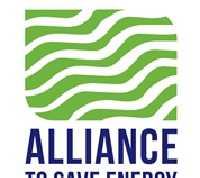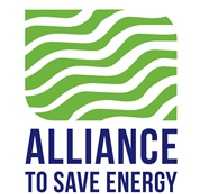The Key Role of States in Unlocking Direct Pay for Clean Energy
Washington, D.C. – RealEstateRama – States have a new way to galvanize their clean energy economies via direct pay, a transformative policy that lets states help public and nonprofit organizations access deep discounts on clean energy projects that they can build and own themselves.
A new issue brief from the Center for American Progress explains how direct pay—part of the Inflation Reduction Act—allows tax-exempt entities such as states, local governments, and nonprofit organizations to access federal clean energy tax credits for the first time.
The issue brief shows how state governments can help empower eligible entities such as cities, Tribal nations, schools, and municipal utilities, to access these credits, including by:
- Providing bridge financing to help local and community clean energy projects address upfront costs
- Offering education and technical assistance for direct pay
- Leading by example in building their own clean energy projects and using direct pay themselves
- Maximizing the uptake of clean energy tax credits through utility oversight and clean energy standards
States have a key role to play in helping tax-exempt entities reap the full benefits of the direct pay policy. Through their leadership, states can help deliver more job-creating, cost-cutting, climate change-fighting clean energy projects—for their communities and the entire country.
Read the issue brief: “The Key Role of States in Unlocking Direct Pay for Clean Energy” by Reema Bzeih, Rachel Chang, Shara Mohtadi, and Sam Ricketts
For more information or to speak with an expert, please contact Sam Hananel at \">.















